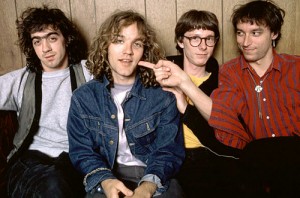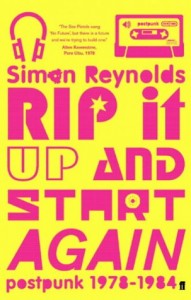Great news everybody! There’s a new super group in town and they go by the name Super Heavy.
Super Heavy is composed of Mick Jagger, Joss Stone, Dave Stewart, Damian Marley, and A. R. Rahman (a composer of movie soundtracks in India). As near as I can tell, Jagger and Stone sing, Stewart plays guitar, Marley raps, and Rahman noodles (on the keyboard).
They are clearly going for something that transcends national and cultural boundaries. The current formula sounds to me like:
- 45% Jagger
- 20% Marley
- 15% Stewart
- 15% Stone
- 5% Rahman
How would you tweak the formula to help them better reach their goals? 20% more Rahman? Seriously, this guy has apparently won two Oscars, two Grammys, and has sold 300 albums. Why is he hiding his light under a bushel? Mick’s presence is going to put asses in the seats but would it kill him to just dial it back a little bit for the good of the United-Colors-of-Benetton nature of the project?
Also, do you think they meant to evoke the “Waiting on a Friend” video starting at 3:37? I hope that Keith updates his bio with the next pressing, I’d love to hear his thoughts on this.
Finally, who is the real 6th member of Super Heavy (or 5th member if Rahman doesn’t step up his game): Marley’s floor-length dreads or Joss Stone’s rack?
In any event, these guys have upped the ante for super groups everywhere. Your move, Chicken Foot.




